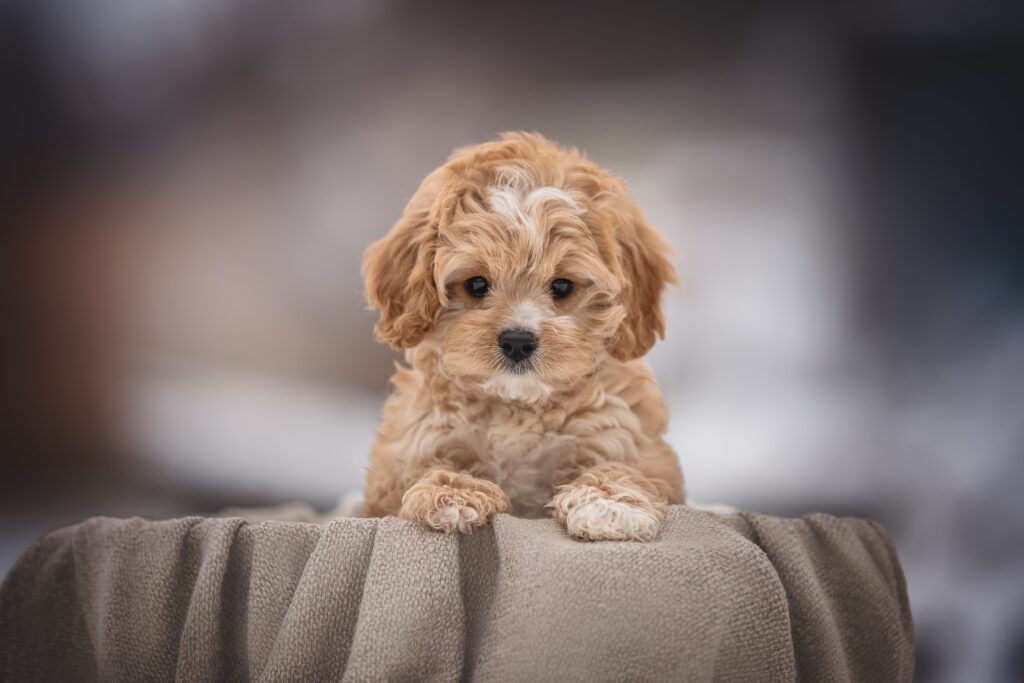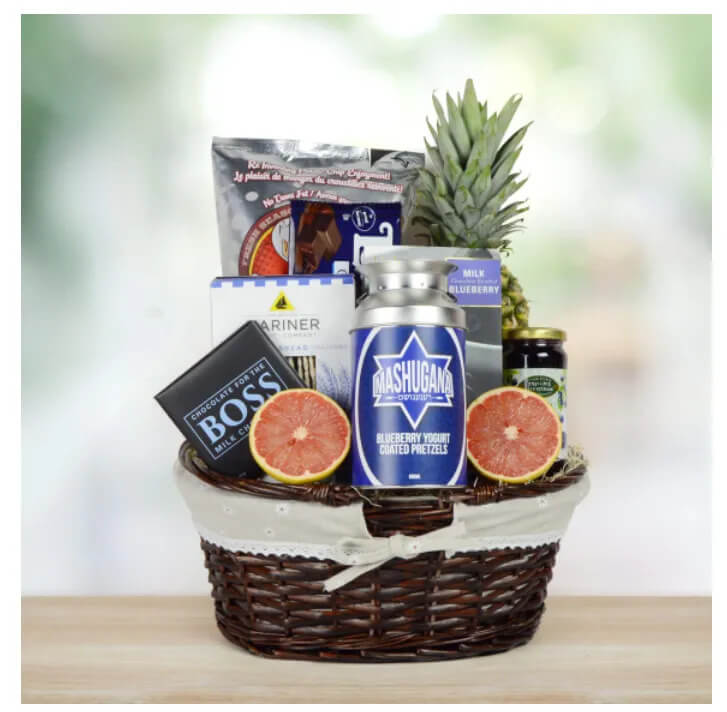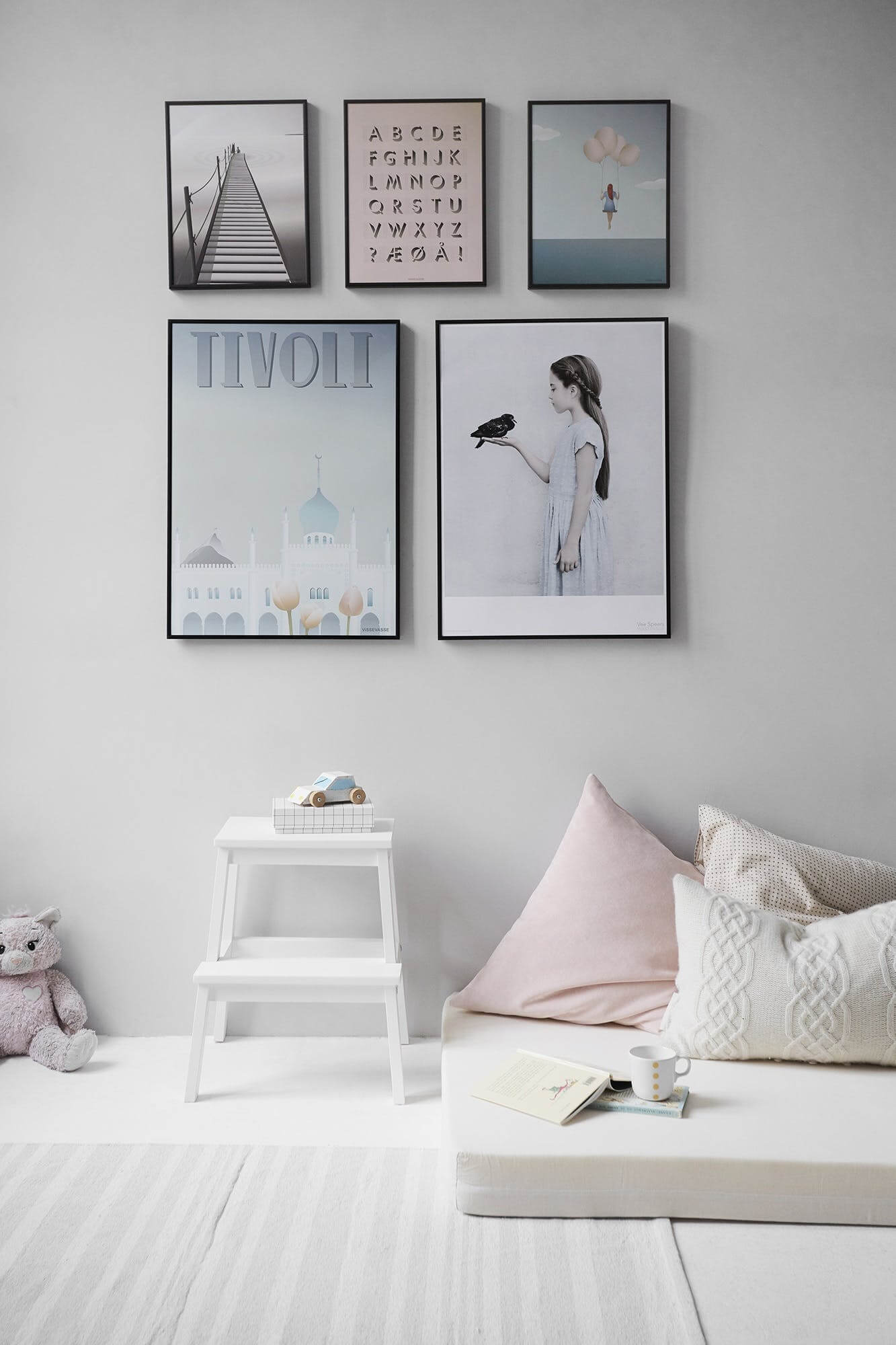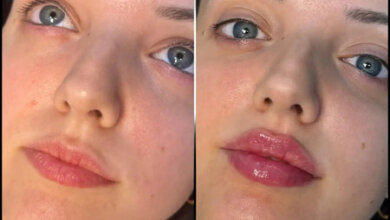Everything You Need to Know About Cavapoo Puppies

When it comes to choosing a family dog, few breeds can rival the charm, personality, and adaptability of cavapoo puppies. These adorable hybrids, a cross between a Cavalier King Charles Spaniel and a Poodle, are winning hearts all over the world. Known for their intelligence, affectionate temperament, and hypoallergenic qualities, cavapoo puppies are increasingly becoming one of the most sought-after designer breeds.
In this article, we’ll take a deep dive into the world of cavapoo puppies—covering their history, traits, care needs, training tips, and why they make such excellent companions for individuals and families alike.
Origins of Cavapoo Puppies
The cavapoo originated in Australia in the 1990s, during the growing popularity of Poodle crosses. Breeders sought to combine the sweet, gentle nature of the Cavalier King Charles Spaniel with the intelligence and low-shedding coat of the Poodle. The result was a hybrid that not only looks irresistibly cute but also boasts excellent adaptability and a family-friendly temperament.
Today, cavapoo puppies are recognized as one of the most successful “designer dogs,” with their popularity spreading rapidly to the United States, the UK, and beyond.
Physical Characteristics
Cavapoo puppies typically have a soft, wavy, or curly coat, depending on which parent breed they take after more closely. Their coats come in a wide variety of colors, including:
- Apricot
- Red
- Cream
- Black
- Tri-color (black, white, and tan)
- Blenheim (chestnut and white)
They are generally small to medium-sized dogs, weighing between 12–25 pounds once fully grown. Their expressive eyes and adorable button noses make them irresistible to dog lovers everywhere.
Temperament and Personality
One of the biggest reasons cavapoo puppies are so loved is their personality. They inherit the Cavalier’s gentle and affectionate nature along with the Poodle’s intelligence and playful spirit.
Key Traits:
- Affectionate: They thrive on human companionship and often form strong bonds with their families.
- Playful: Cavapoo puppies love games and interactive activities, making them ideal for households with children.
- Sociable: They tend to get along well with other pets and are rarely aggressive.
- Adaptable: Whether you live in an apartment or a large house, cavapoo puppies adjust well to different living environments.
Training Cavapoo Puppies
Thanks to their Poodle heritage, cavapoos are intelligent and quick learners. Positive reinforcement methods such as treats, praise, and play are especially effective.
Training Tips:
- Start Early: Begin socialization and training as early as possible to build confidence and reduce the risk of separation anxiety.
- Be Consistent: Use consistent commands and routines to make learning easier.
- Focus on Socialization: Introduce your puppy to various people, environments, and sounds to build a well-rounded adult dog.
Housebreaking is usually straightforward, though some cavapoos may take a little extra patience during the early months.
Grooming Needs
Cavapoo puppies are considered low to moderate shedders, depending on the curl of their coat. Regular grooming helps keep their fur soft and free of mats.
Grooming Essentials:
- Brushing: At least 3–4 times per week.
- Bathing: Every 4–6 weeks, or as needed.
- Trimming: Professional grooming every 6–8 weeks is recommended.
- Dental Care: Daily brushing or dental chews help prevent issues common in smaller breeds.
Their grooming routine isn’t overly demanding, but it does require consistency to maintain a healthy, tangle-free coat.
Exercise and Activity Levels
Although cavapoos love to play, they don’t need excessive amounts of exercise. About 30–45 minutes of daily walks and playtime are usually enough to keep them happy and healthy. They also enjoy mental stimulation, so puzzle toys and obedience training sessions are a great way to challenge their active minds.
Health Considerations
Like all breeds, cavapoo puppies can be prone to certain health conditions. Some inherited issues may include:
- Heart problems (from the Cavalier side)
- Hip dysplasia
- Ear infections (due to floppy ears)
- Progressive retinal atrophy (PRA)
Responsible breeders test for these conditions to reduce risks. With proper care, cavapoos can live 12–15 years or longer.
Why Cavapoo Puppies Make Great Family Pets
Cavapoos check nearly every box when it comes to being the perfect companion:
- They’re small enough for apartment living but active enough for bigger homes.
- They’re affectionate without being overly demanding.
- They get along with kids, seniors, and other pets.
- Their intelligence makes them easy to train, even for first-time dog owners.
It’s no surprise that cavapoo puppies are one of the most popular hybrid breeds worldwide.
Final Thoughts
If you’re searching for a dog that combines intelligence, loyalty, and a friendly nature, cavapoo puppies are an excellent choice. They thrive in various environments, bond deeply with their families, and bring joy to nearly every household they join. With proper training, grooming, and care, cavapoos can provide unconditional love and companionship for years to come.








